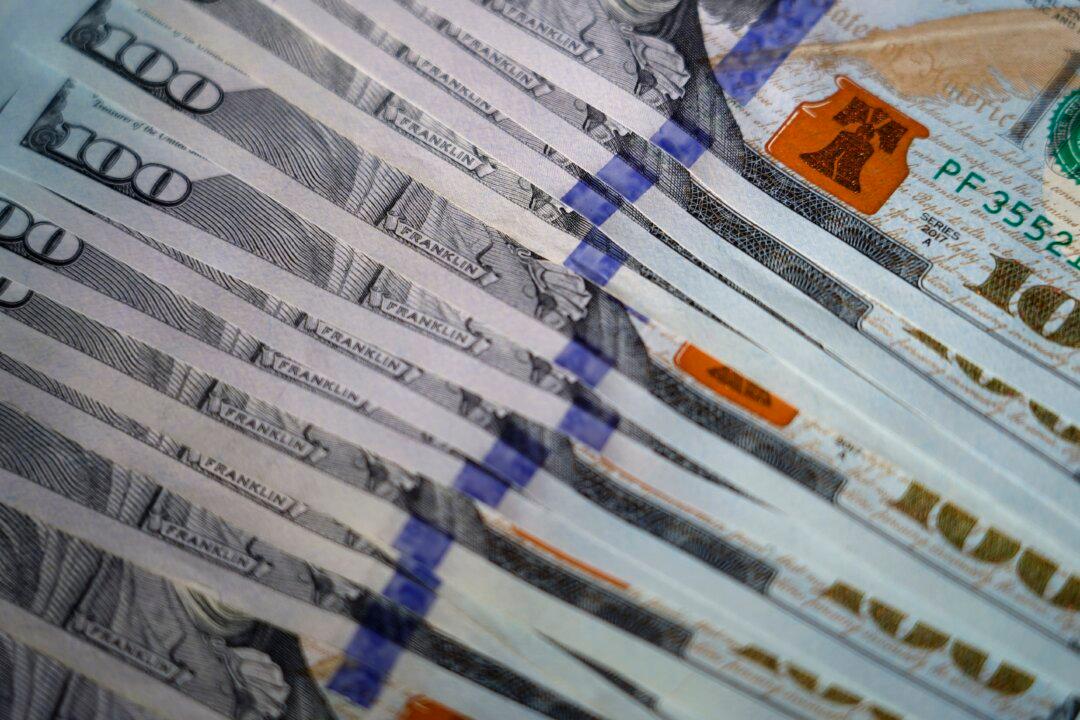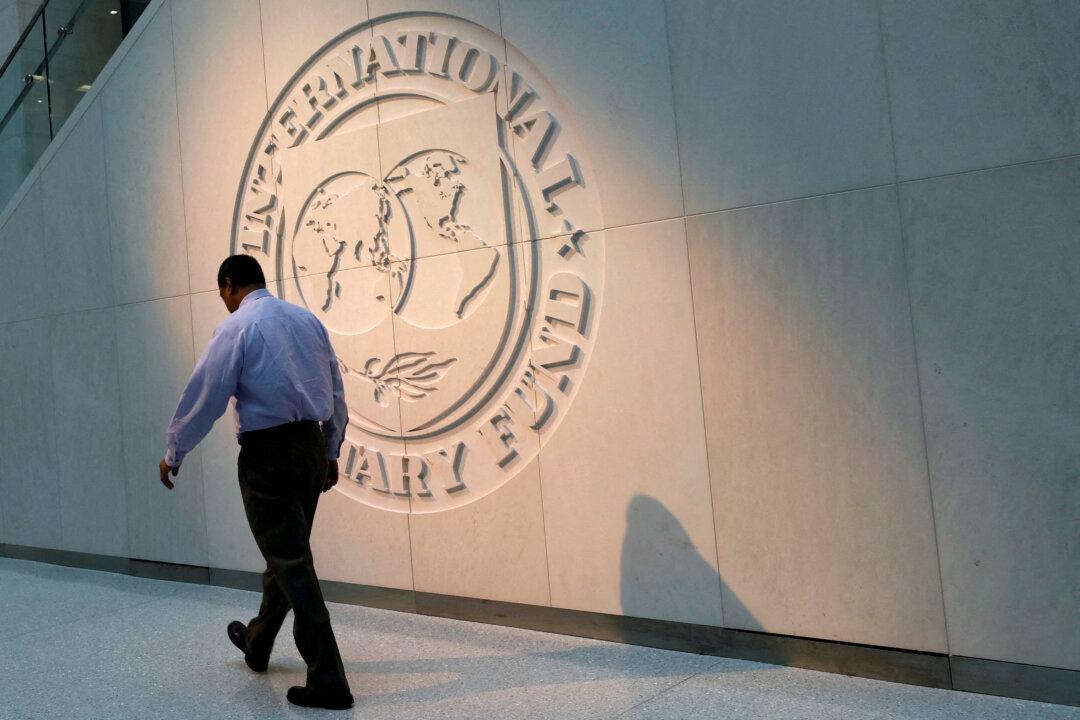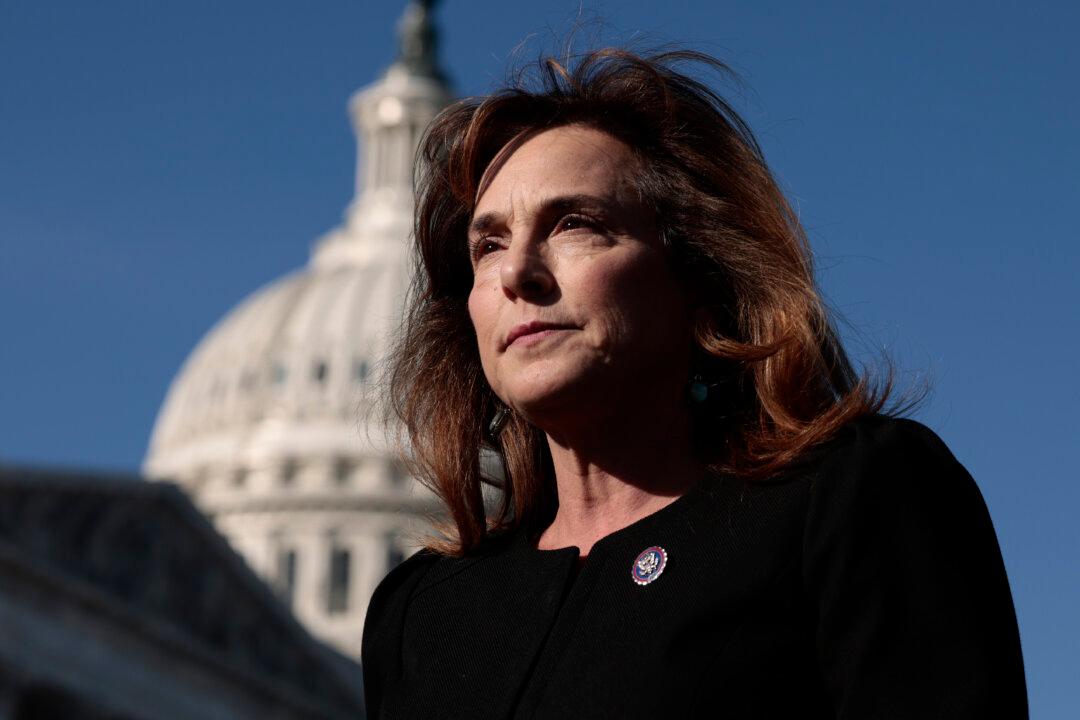In an interview with the Epoch Times, adviser for SitkaPacific Capital Management Mike “Mish” Shedlock warned that the possibility of a recession may have already arrived, as indicators show that the U.S. economy is “flirting with recession right now.” The warning comes days after Federal Reserve meeting minutes revealed that central bank officials anticipate a recession later this year.
“If we’re not in recession, we’re certainly close,” Shedlock said.




